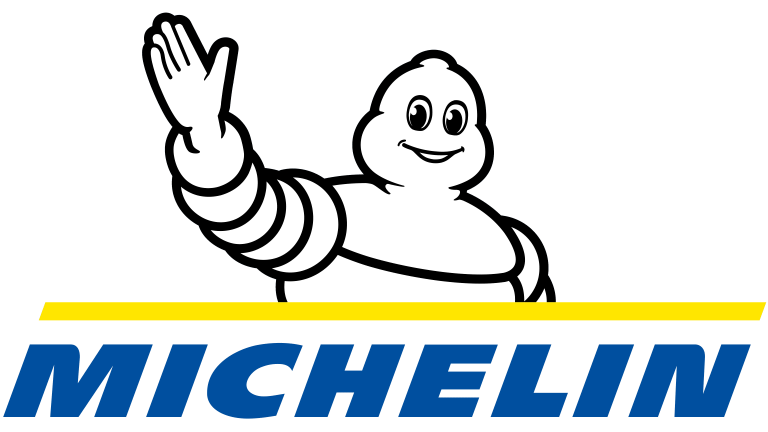
Overview
In this courses, participants review the basics of C# program structure, language syntax, and implementation details, and then add to their knowledge throughout the duration as they progressively build an application that incorporates many of the most important features of.NET Framework 4.5.

Objectives
At the end of C# Programming training course, participants will be able to

Prerequisites
Developers attending this course should have some experience using C# to complete basic programming tasks.

Course Outline
- Overview of Writing Applications using C#
- Datatypes, Operators, and Expressions
- C# Programming Language Constructs
- Creating and Invoking Methods
- Creating Overloaded Methods and Using Optional and Output Parameters
- Handling Exceptions
- Monitoring Applications
- Implementing Structs and Enums
- Organizing Data into Collections
- Handling Events
- Creating Classes
- Defining and Implementing Interfaces
- Implementing Type-safe Collections
- Creating Class Hierarchies
- Extending .NET Framework Classes
- Creating Generic Types
- Reading and Writing Files
- Serializing and Deserializing Data
- Performing I/O Using Streams
- Creating and Using Entity Data Models
- Querying Data by Using LINQ
- Updating Data by Using LINQ
- Accessing Data Across the Web
- Accessing Data in the Cloud
- Using XAML to Design a User Interface
- Binding Controls to Data
- Styling a User Interface
- Implementing Multitasking by using Tasks and Lambda Expressions
- Performing Operations Asynchronously
- Synchronizing Concurrent Access to Data
- Creating and Using Dynamic Objects
- Managing the Lifetime of Objects and Controlling Unmanaged Resources
- Examining Object Metadata
- Creating and Using Custom Attributes
- Generating Managed Code
- Versioning, Signing and Deploying Assemblies
- Implementing Symmetric Encryption
- Implementing Asymmetric Encryption


 Projects
Projects Assignments
Assignments









